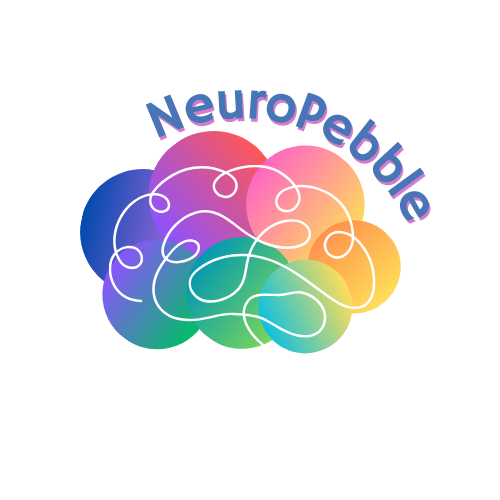Ego State Therapy
Healing Attachment in the Neurodivergent Community
Did you know?
-
More people in the world are Aphantasic than Autistic. Do your current trauma treatment methods support this group?
-
Alexithymia is not always depression induced! That means it may not go away with therapy. Do you know how to cure trauma without clients being able to name their emotions?
-
Some professionals believe that Rejection Sensitive Dysphoria is actually a manifestation of trauma in ADHD.
-
Not all therapy requires assuming your client has a core self! Learn more about Ego State Therapy in this course!
-
All emotions are real, and they have protective desires.
-
What's included?
-
1 hour recorded webinar
-
slides & resources
-
1 NBCC CE hour*
Learning Objectives
*NBCC CE hours
Write your awesome label here.
Meet the instructor
Lacey Cottingham, LCSW
Patrick Jones - Course author
